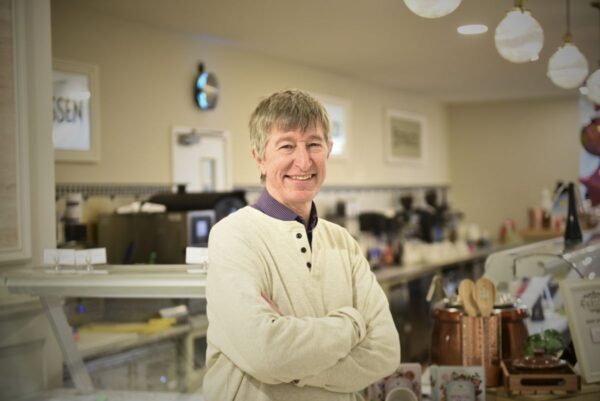Research from Paymentsense has found that from May – October UK consumers returned around £7 billion worth of goods a year, leaving small businesses to face an average of £1,000 a month in refunds.
the retail landscape has changed enormously in 2020, with coronavirus having a huge impact on consumer habits, accelerating the move from cash to contactless and leading to a 60% decline in the use of cash machines since March. Most retailers now have card readers installed.
Buy now pay later (BNPL) is another trend. Already growing at a rate of 39% a year since the beginning of 2020, the BNPL market share is set to double by 2023.
Keen to see if the pandemic has also impacted refunds and returns, Payment sense found that of British towns, Bolton has by far the most expensive refund habit, with more than £1.3k being refunded by businesses each month. Southall was the highest placing southern English location. The top ten looks like this:
Bolton £1,330
Southall £686
Reading £532
Oxford £549
Bromley £491
Preston £484
Walsall £474
Perth ££465
Romford £412
Ipswich £392
One self-confessed serial refunder in Bolton admitted to breaking the policy, saying: “I always say my parcels haven’t been delivered. I look through the hole in my door and if the courier doesn’t take a picture of the item to prove it’s been delivered, I would just say I didn’t receive the item. I don’t make it obvious though, maybe 1 in every 4 parcels I get I will try and get a refund for. Works every time.”
Bradford tops the leaderboard for cities per capita indulging in serial refunding, followed by Derby. The serial refunding top ten is as follows:
Bradford £335
Derby £289
Newcastle £226
Southampton £213
Portsmouth £200
Belfast £199
Bristol £173
Liverpool £171
Hull £170
Manchester £157
The South West also sees its fair share of refunding, a current retail employee from the Top 10’s Bristol said: “I work in a high-end fashion retailer and I see it all. One woman tried to return a pair of heels that had been battered. She tried to say that she had worn them once over a weekend for a party – the product code of the shoes flagged up that these were bought in 2015. 5 YEARS AGO! Her face was a picture. We haven’t seen her since.”
WFH contributing to expensive refunding habits
Work-from-homers’ topped our industry leaderboard for serial refunders with expensive taste. At just shy of £800 per month in returns, home and office furnishing businesses have taken the brunt of serial refunder habits.
Garden centres and DIY also took a hit, doling out £399 of refunds per month on average. For retail as a whole the figure was £413.
Surprisingly, perhaps, the clothing sector narrowly missed out on being eliminated from our top 10. Perhaps due to lockdown, it is now less convenient for consumers to return clothing in-store. Automotive and personal services saw the least refunds, with businesses in these sectors averaging just one refund per month during the pandemic.
Paymentsense advises SMEs to take the following measures to help limit refunds:
Make your refunds policy concise, understandable and visual, so all customers can access it before purchasing
Ask cashiers to explain your refund policy at the till when serving customers
If fitting rooms are closed due to the pandemic, make use of mirrors
Make sure staff give first-class customer service, so buyers know what they can expect from their products
To collate the research Payment sense collated unique data from Paymentsense card machines across the UK, to find the regional refund figures using the number of refunds per business and total refunded per business; regional refund figures by industry – cross-referenced above data with industry categories from Paymentsense merchants. The time frame for data is a specific 6-month period – May-October 2020

















